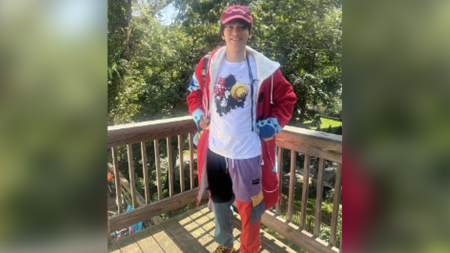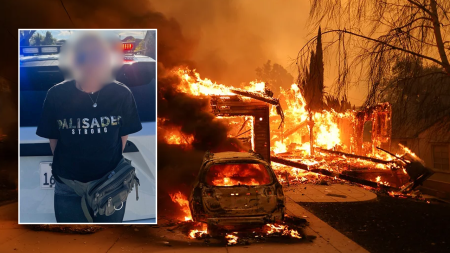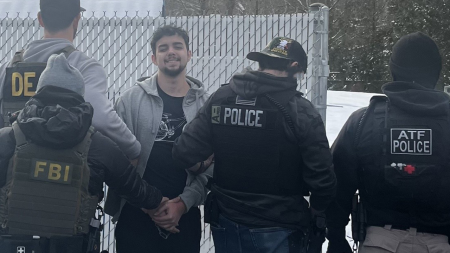The murder of UnitedHealthcare CEO Brian Thompson has ignited a firestorm of public debate, centered on the suspect’s alleged grievances against the healthcare industry and capitalism. Luigi Mangione, 26, apprehended in Pennsylvania shortly after the incident, reportedly carried a manifesto denouncing the healthcare system and specifically mentioning UnitedHealthcare. This has fueled speculation about his motivation, with some suggesting a deep-seated resentment towards the perceived excesses and inequities of corporate America. The case has become a lightning rod for discussions about economic disparity and the growing frustration towards powerful figures in the healthcare industry.
Public reactions to Mangione’s arrest have been complex and often unsettling. While some express condemnation for the act of violence, others have voiced sympathy, even admiration for the suspect. This surprising response highlights a simmering societal anger directed at the healthcare system, particularly its cost and perceived inaccessibility. Several commentators have suggested that this sentiment stems from widespread anxiety about financial precariousness and the fear of medical bankruptcy. This perspective paints Mangione’s alleged act as a desperate outcry against a system seen as oppressive and uncaring. However, even among those critical of the healthcare industry, there is widespread condemnation of violence as a means of addressing these grievances.
The situation has also raised concerns about the potential for escalating violence against corporate executives. Experts warn that the rhetoric surrounding this case could embolden others with similar grievances, creating a dangerous climate for those perceived as symbols of economic inequality. Some companies have already taken preemptive measures, removing identifying information about their executive teams from public view. This underscores the very real fear of retaliatory actions fueled by the online discourse surrounding the case.
The case has illuminated deeper anxieties about the state of American society. Experts suggest that the outpouring of support for Mangione, however misguided, reflects a growing sense of populism and anger towards elites across various sectors. This sentiment is fueled by perceptions of economic unfairness and the belief that the wealthy operate under a different set of rules. The case highlights the widening gap between the haves and have-nots, and the desperate measures some may contemplate when faced with seemingly insurmountable economic challenges.
Mangione’s background and social media presence have also drawn significant attention. A graduate of an Ivy League university, his online activity reveals a complex individual with seemingly conflicting interests. His documented reading of the Unabomber’s manifesto and subsequent reviews reflecting an understanding and even agreement with certain aspects of Kaczynski’s anti-industrial society arguments raise further questions about his motivations. However, former roommates and acquaintances offer a contrasting image, describing him as a positive and contributing member of their community. These conflicting narratives paint a picture of a troubled individual, whose actions seem to have sprung from a combination of personal struggles and broader societal discontent.
The ongoing investigation and legal proceedings will undoubtedly shed more light on Mangione’s motivations and the specific circumstances leading up to the tragic event. Regardless of the outcome, the case serves as a stark reminder of the growing tensions and anxieties simmering beneath the surface of American society. It highlights the urgent need for constructive dialogue and solutions to address the systemic issues that are fueling such desperation and rage. Furthermore, it underscores the dangers of unchecked online rhetoric, which can escalate real-world consequences and create an environment where violence is seen as a justifiable response to perceived injustices.










